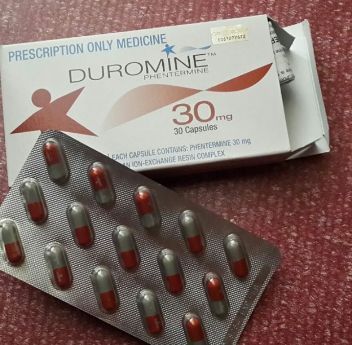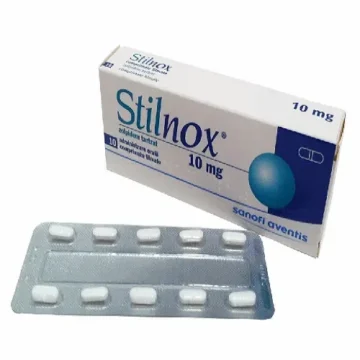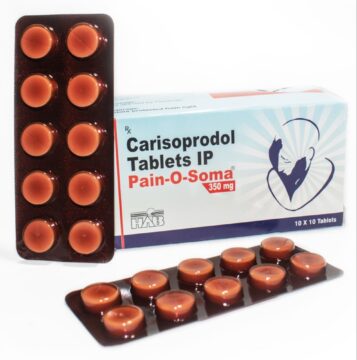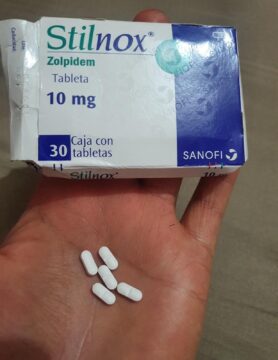- You have no items in your shopping cart
- Continue Shopping
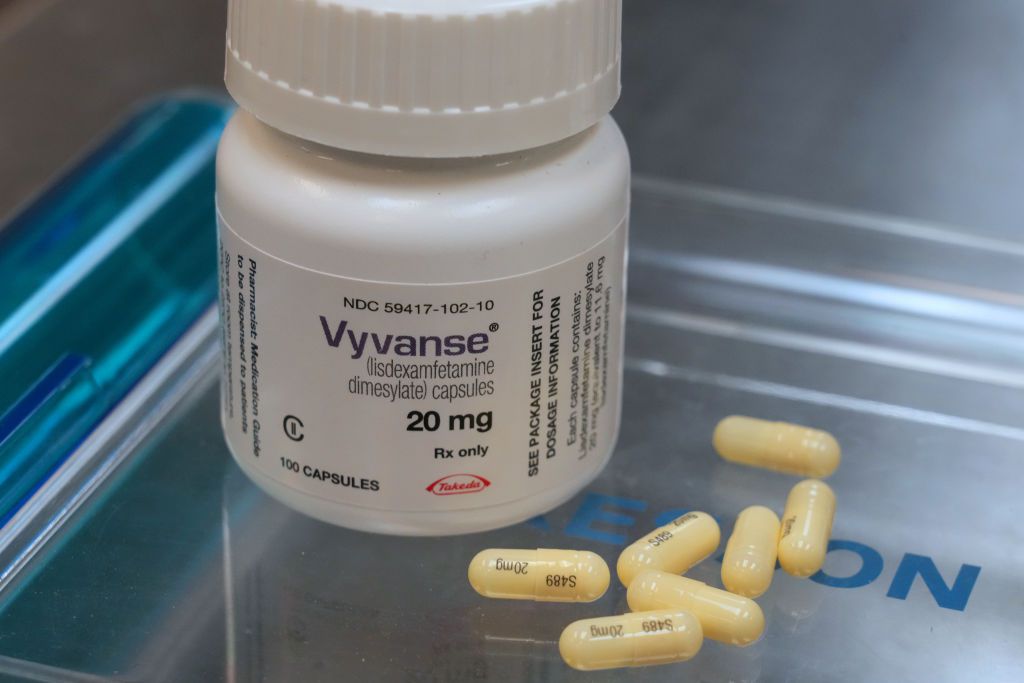
Vyvanse (lisdexamfetamine dimesylate) is a prescription medication primarily used to treat Attention Deficit Hyperactivity Disorder (ADHD) in patients aged six and older, as well as moderate to severe Binge Eating Disorder (BED) in adults. As a central nervous system stimulant, Vyvanse works by affecting certain chemicals in the brain and nerves that contribute to impulse control and hyperactivity.
A Vyvanse dosage of 50mg is commonly prescribed for individuals who need a moderate level of medication to manage their symptoms effectively. This dosage is a part of a range of available strengths, which allows healthcare providers to tailor the treatment to an individual’s unique needs, ensuring both efficacy and safety. Vyvanse capsules are available in various dosages, including 10mg, 20mg, 30mg, 40mg, 50mg, 60mg, and 70mg. Each dose is designed to offer a consistent release of medication throughout the day, providing sustained symptom control.
Shop Now: duromine 40mg
Vyvanse 50mg: How It Works
When taken, Vyvanse is converted in the body to dextroamphetamine, which increases the release of dopamine and norepinephrine in the brain. This helps improve focus, attention, and impulse control, making it an effective choice for managing ADHD symptoms. For individuals with Binge Eating Disorder, Vyvanse can reduce the number of binge episodes by affecting brain chemicals that regulate appetite and impulse control.
Vyvanse Dosage and Administration
Vyvanse should be taken in the morning with or without food. The capsule should be swallowed whole, but it can also be opened and mixed with water, orange juice, or yogurt for those who have difficulty swallowing pills. It’s essential to follow your healthcare provider’s instructions when taking Vyvanse, as the dosage may vary based on the individual’s response to the medication and other health factors. Taking Vyvanse in the afternoon or evening is not recommended, as it may interfere with sleep.
Side Effects and Precautions
Common side effects of Vyvanse may include dry mouth, insomnia, loss of appetite, increased heart rate, and anxiety. While these symptoms are generally mild, more serious side effects, such as chest pain, shortness of breath, or symptoms of serotonin syndrome, should be reported to a healthcare professional immediately. It’s also crucial to inform your doctor of any pre-existing health conditions, such as heart disease, high blood pressure, or a history of substance abuse, before starting Vyvanse.
Vyvanse is a controlled substance due to the potential for abuse and dependence. Therefore, it should only be taken as prescribed by a healthcare provider. Regular follow-up appointments are recommended to monitor progress and adjust the dosage as necessary.
Overall, Vyvanse 50mg provides a balanced option for many individuals managing ADHD or Binge Eating Disorder, offering effective symptom control throughout the day. However, as with any medication, it is vital to use Vyvanse under the guidance of a healthcare provider to ensure it is the right treatment option for you.
You Might Also Like These:

